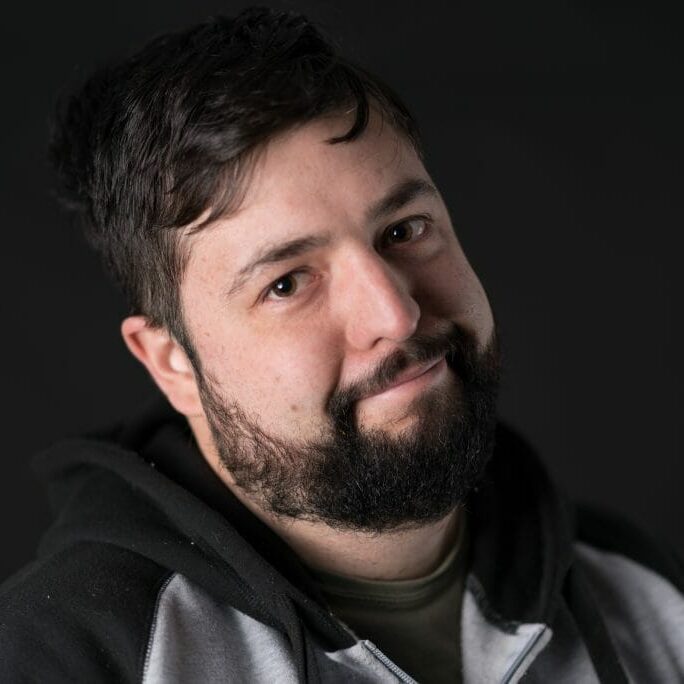
Faces of mental health: Matt Stickland
Years after his deployment in Libya, Stickland discovered that he had PTSD
Editor’s note (Jennifer Lee): For our last issue, each editor was tasked to fill their section with pieces on a theme or topic they feel strongly about. I was torn between doing something on rape culture or racism, but after doing a takeover on the Gazette’s Instagram, I decided I wasn’t done talking about mental health.
The Instagram takeover, namely the response to it, showed me the necessity to have people talk openly and honestly about shit mental health. This is a collection of just a few individuals who have struggled with their own mental health and their stories.
Name: Matt Stickland
Occupation: Naval Officer, current student
Labels: Adjustment disorder, which turned into PTSD/moral injury with major depressive episodes
Tell us about your mental health.
It sucked. I don’t really remember how it started, but sometime in early 2012 I realized that I was not okay with some of the things that I had done during my deployment to Libya.
I started being afraid of retribution and being attacked in my own house. I got scared at night and so I stood watch at my kitchen window all night if a car drove by that was unfamiliar. If I did manage to get to sleep without being scared of the outside I would have a nightmare. They were vivid and terrifying. Generally, for a couple of years I spent my nights petrified.
It escalated pretty slowly and it all felt very normal, so it didn’t seem like anything was wrong. The mind has an amazing ability to rationalize unusual behavior to itself.
It was also too embarrassing to talk about it because I thought that my trauma was ‘too soft.’ War movies and documentaries spin the narrative that trauma needs to be up-close and personal. It needs to be bloody and filled with adrenaline. Since my trauma didn’t fit that narrative, I just assumed that a genetic defect or something was to blame.
In retrospect, that’s a pretty ridiculous since there is research now that indicates drone pilots have a higher rate of PTSD than other trades in the military. So there were a lot of nights spent afraid, alert and getting ready to fight. It was also very isolating and most of my friends fell by the wayside for a couple of years. It also halted my career in the Navy. I spoke about it at great length on Sickboy Podcast on the Nov. 9 episode, “PTSD.”
How did you first realize something wasn’t right?
I didn’t really, I went in for help because I was drinking all the time and thought I may have been on the road to becoming an alcoholic. The doctor asked a mental health questionnaire I’m pretty sure I failed spectacularly based on the speed at which I got into treatment.
There was also a moment one evening when I was browsing a photo essay by a journalist who was in Libya at the same time I was.
It really brought home the impact airstrikes have on the people on the receiving end. That’s when the downward spiral really kicked off.
What don’t people know about mental illness?
For the ones that affect sleep, it really just wrecks your life.
Not getting sleep just compounds everything else you are going through. It’s hard to describe to someone who has never been chronically short of sleep just how hard it is to function day to day. Never mind actually doing things that are productive. Not sleeping all night really puts in jeopardy the ability to preform basic life functions like eating.
What’s your favourite self-care method?
Sleep hygiene: Google it, live it.
I use a couple of items to ground myself if I’m ever in the process having a flashback or anxiety attack: My wedding ring, my travel mug or a D20 I carry in my pocket.
Less immediate: I play a lot of goalie in either hockey or soccer. I find being in net very calming mentally and tiring physically. It’s perfect. Failing at that I’ll do some other form physical activity. I make sure I take some time for myself every day to do something I enjoy. As well as mindfulness and mediation.
What advice would you tell someone who is struggling with mental health?
You don’t have to be alone. Reach out. There is no shame for going through what you’re going through. It’s not your fault. There is no shame in asking for help.






